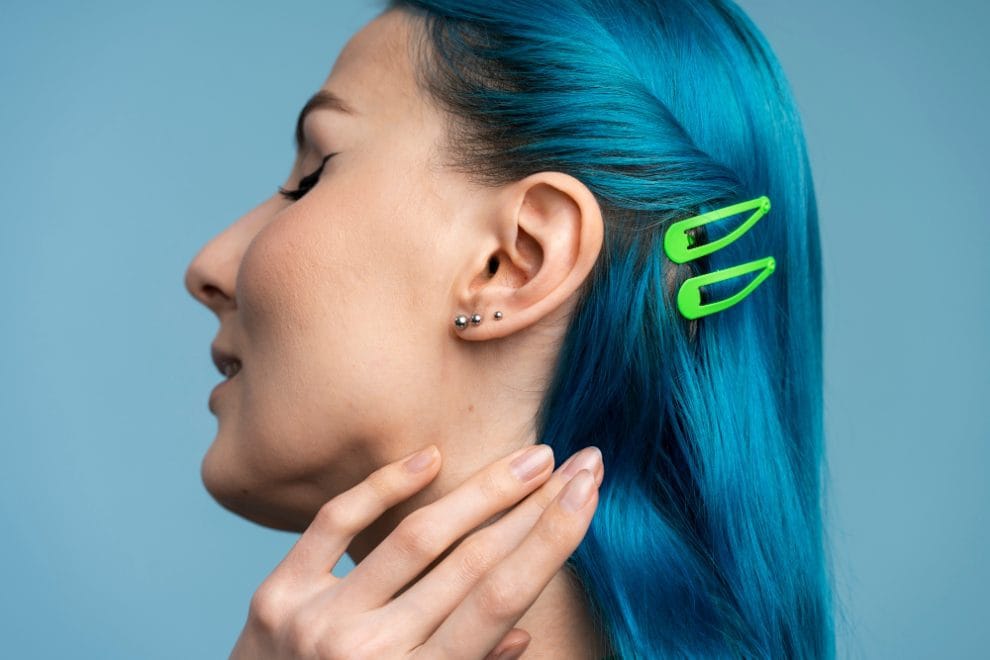The Connection Between Diet and Hearing: Foods to Boost Ear Health

Maintaining optimal ear health requires more than avoiding loud noises or regular ear cleanings. A balanced diet plays a crucial role in supporting your auditory system. Certain nutrients and foods can enhance hearing and prevent common ear-related issues like hearing loss and tinnitus. Let’s explore how diet and hearing are connected and which foods can help boost ear health.
How Nutrition Impacts Hearing Health
Your ears rely on proper blood flow and nerve function to perform well, and both are heavily influenced by the nutrients you consume. Deficiencies in certain vitamins and minerals can lead to hearing problems or exacerbate existing conditions. For example, a lack of vitamin B12 may cause tinnitus, while insufficient magnesium levels can increase your risk of noise-induced hearing loss.
On the other hand, consuming a diet rich in antioxidants and anti-inflammatory compounds can protect your ears from oxidative stress and inflammation, both of which are major contributors to hearing loss. A well-rounded diet not only supports your overall health but also ensures your auditory system functions at its best.
Top Nutrients for Better Hearing
Here are some essential nutrients that play a vital role in maintaining ear health and the foods where you can find them:
- Omega-3 Fatty Acids
Omega-3s improve blood flow to the cochlea, the part of the inner ear responsible for converting sound into signals for the brain. Regular intake can help prevent age-related hearing loss.- Sources: Salmon, mackerel, walnuts, flaxseeds.
- Vitamin A
Vitamin A supports the health of the auditory nerve and helps maintain the membranes in the ear canal.- Sources: Sweet potatoes, carrots, spinach, apricots.
- Magnesium
Magnesium protects against noise-induced hearing loss by preventing damage to the inner ear caused by loud sounds.- Sources: Dark chocolate, avocados, bananas, almonds.
- Zinc
Zinc boosts the immune system, helping to ward off ear infections and speed up the recovery process.- Sources: Oysters, pumpkin seeds, chickpeas, cashews.
- Folate
Folate enhances blood circulation, which is essential for delivering oxygen and nutrients to the inner ear.- Sources: Asparagus, lentils, oranges, broccoli.
Foods to Incorporate into Your Diet for Ear Health
Including hearing-friendly foods in your daily meals can improve ear health significantly. Here are some suggestions:
- Fish and Seafood: Rich in omega-3 fatty acids, fish like salmon and tuna can reduce inflammation and promote better hearing.
- Leafy Greens: Vegetables like kale, spinach, and Swiss chard are packed with vitamins and antioxidants that protect the inner ear.
- Citrus Fruits: Oranges, lemons, and grapefruits provide a healthy dose of vitamin C, which helps combat ear infections.
- Nuts and Seeds: Almonds, walnuts, and sunflower seeds offer essential nutrients like zinc and vitamin E to support ear health.
- Whole Grains: Brown rice, quinoa, and oats are rich in magnesium and B vitamins, which aid in nerve function.
Habits to Support a Hearing-Friendly Diet
To maximize the benefits of your diet, consider adopting the following habits:
- Stay Hydrated
Proper hydration ensures that the fluid levels in the inner ear remain balanced, aiding in sound transmission and maintaining overall ear health. Aim to drink at least 8 glasses of water per day. - Limit Processed Foods
High-sodium and high-sugar foods can negatively affect blood circulation and increase the risk of ear infections. Opt for fresh, whole foods instead. - Moderate Caffeine and Alcohol Intake
Excessive caffeine and alcohol consumption can impact blood flow to the ears, potentially worsening tinnitus or hearing issues. Consume these in moderation to protect your auditory health.
Lifestyle Changes to Complement a Healthy Diet
In addition to dietary improvements, certain lifestyle changes can further protect your hearing:
- Avoid Prolonged Exposure to Loud Noises: Use ear protection in noisy environments to prevent damage to your auditory system.
- Exercise Regularly: Physical activity promotes better blood circulation, benefiting your ears and overall health.
- Practice Stress Management: Chronic stress can exacerbate tinnitus and other hearing issues. Techniques like meditation and deep breathing can help.
When to Consult a Specialist
While a healthy diet can significantly improve ear health, persistent hearing issues or sudden changes in hearing should be evaluated by a healthcare professional. An audiologist can assess your hearing and provide tailored advice for your specific needs.
Conclusion: Nourish Your Ears for Lifelong Hearing
The connection between diet and hearing is undeniable. By incorporating nutrient-rich foods into your daily routine, you can protect your ears and enhance their functionality. Remember, taking proactive steps today can prevent hearing loss and other auditory issues in the future. Start by making small changes to your diet and lifestyle, and your ears will thank you!
Unlock the Secret to Healthier Hearing Today!
Take the first step toward better ear health and say goodbye to constant ringing and discomfort. Quietum Plus offers a natural and effective solution tailored for your auditory wellness. Don’t wait—click the button below and reclaim your peace of mind with our risk-free 60-day guarantee!
Leave a Reply


You may also like